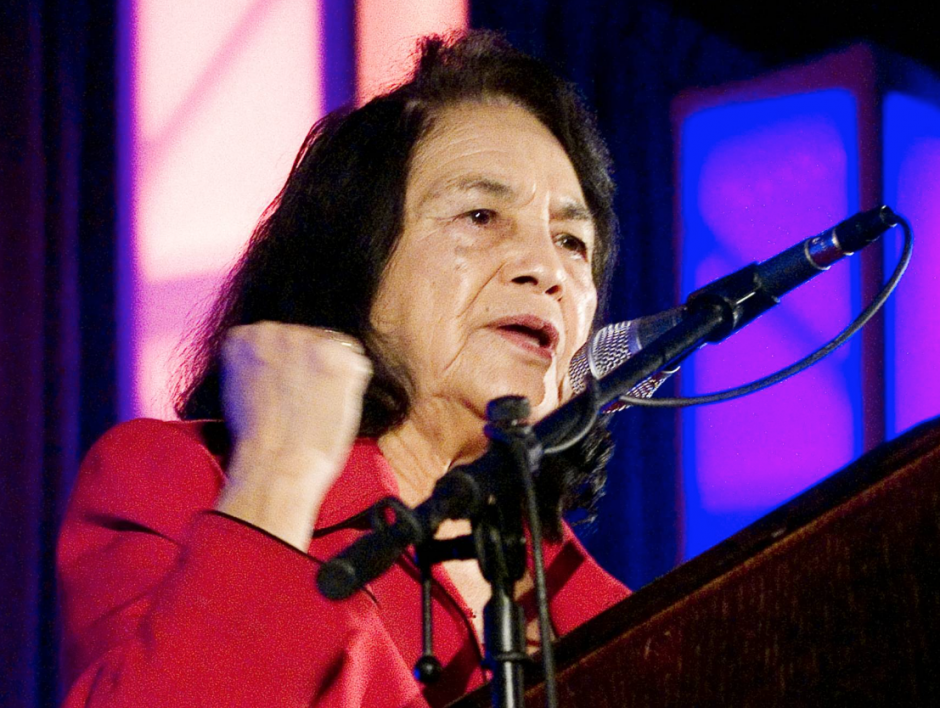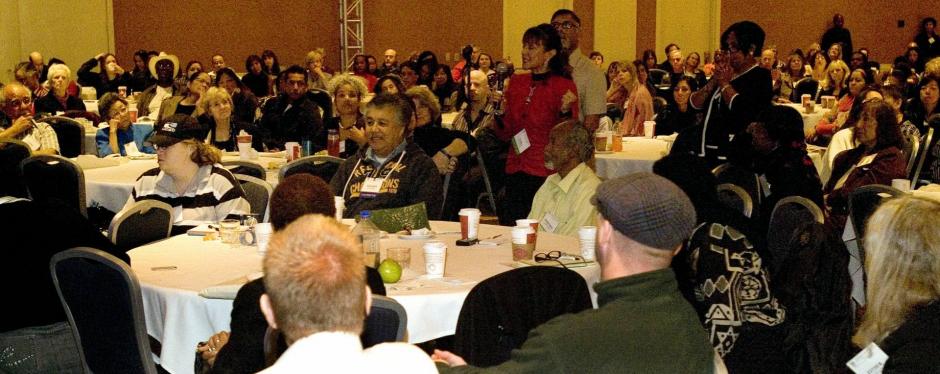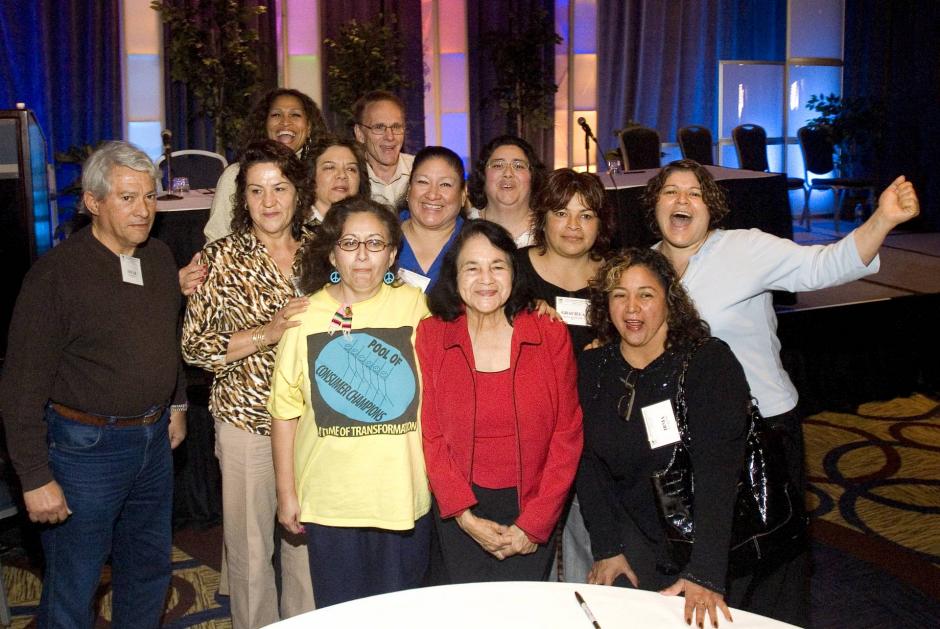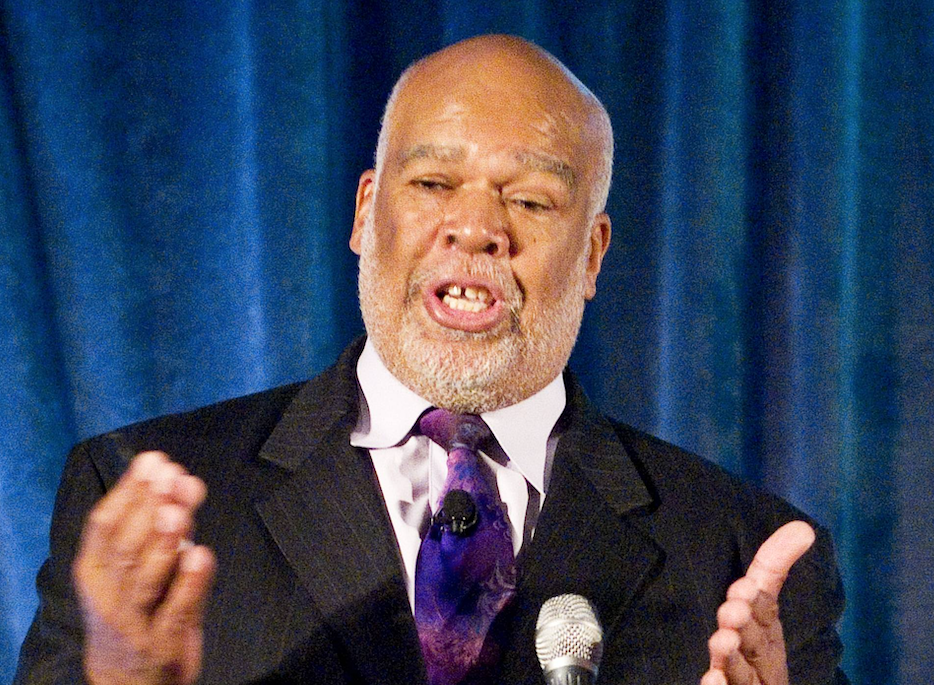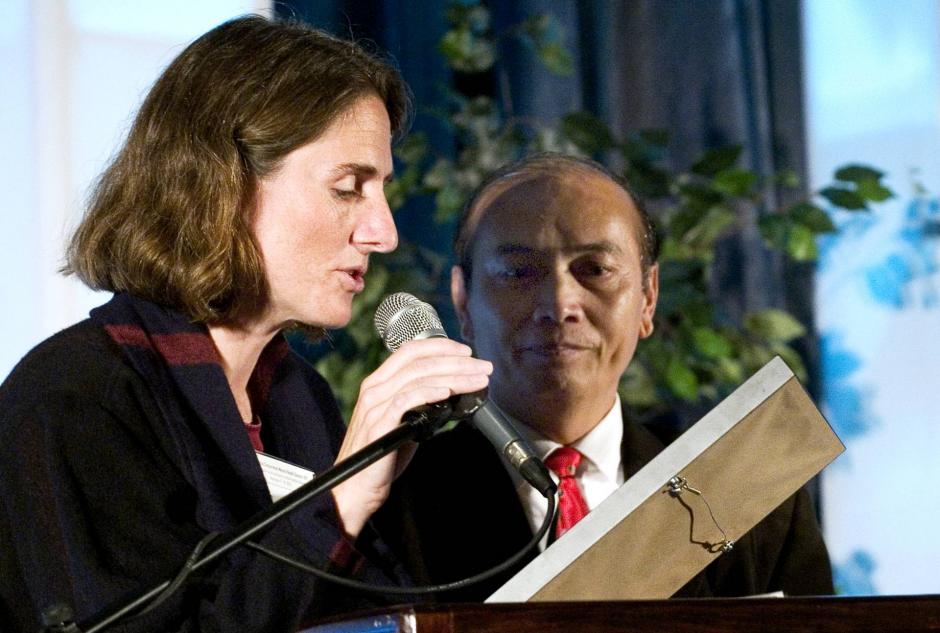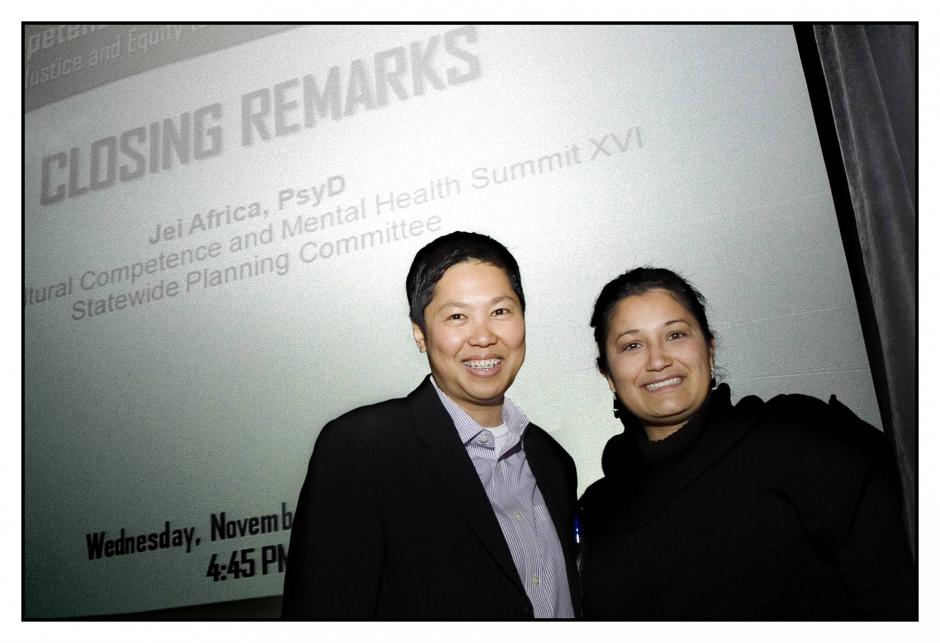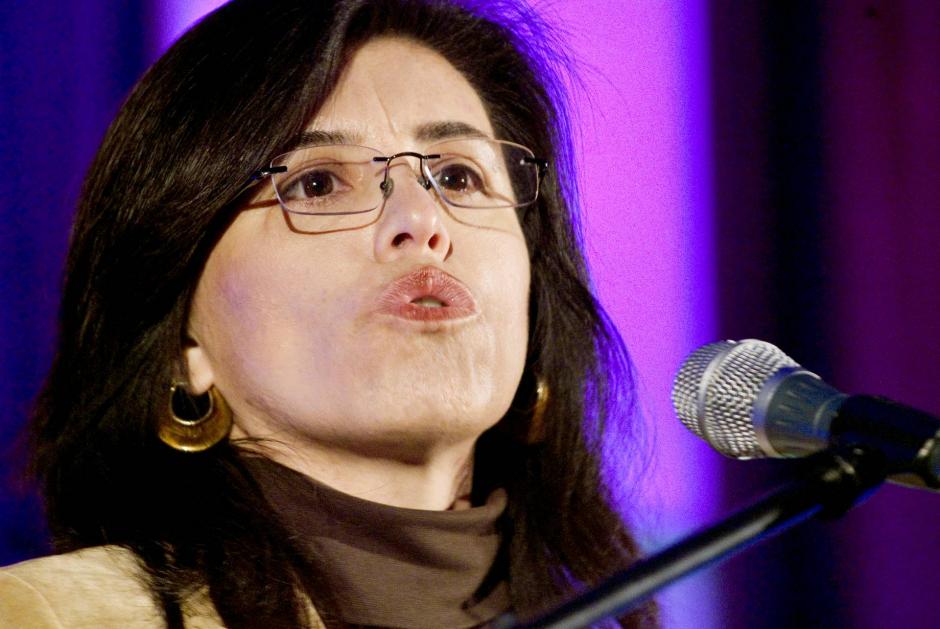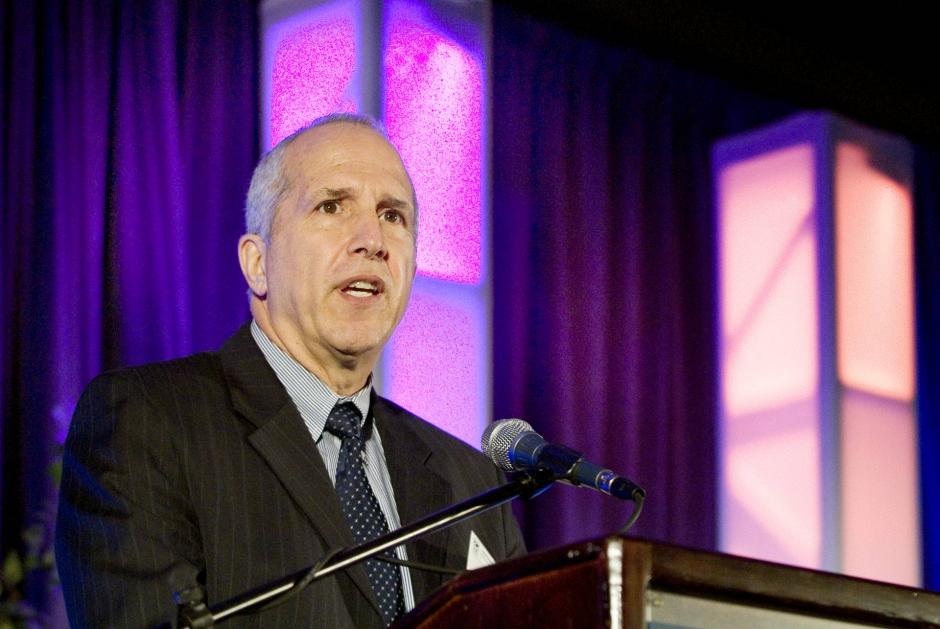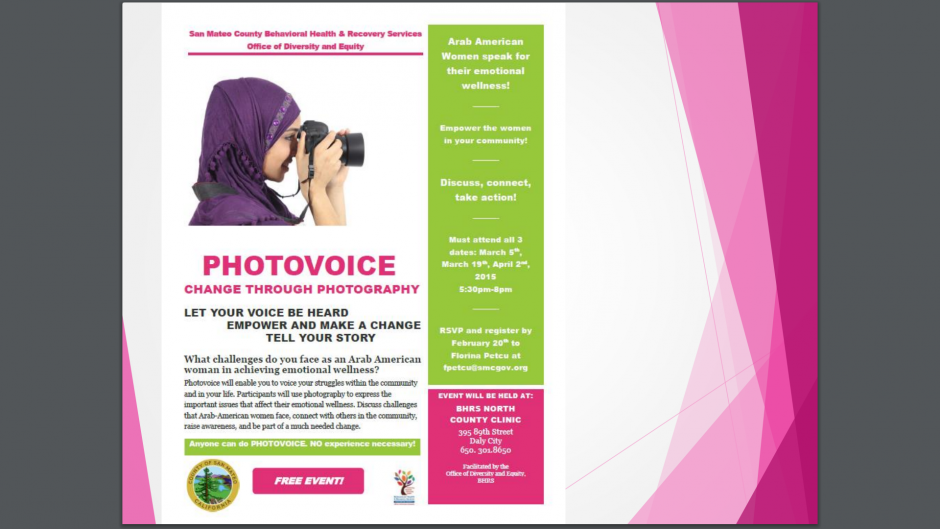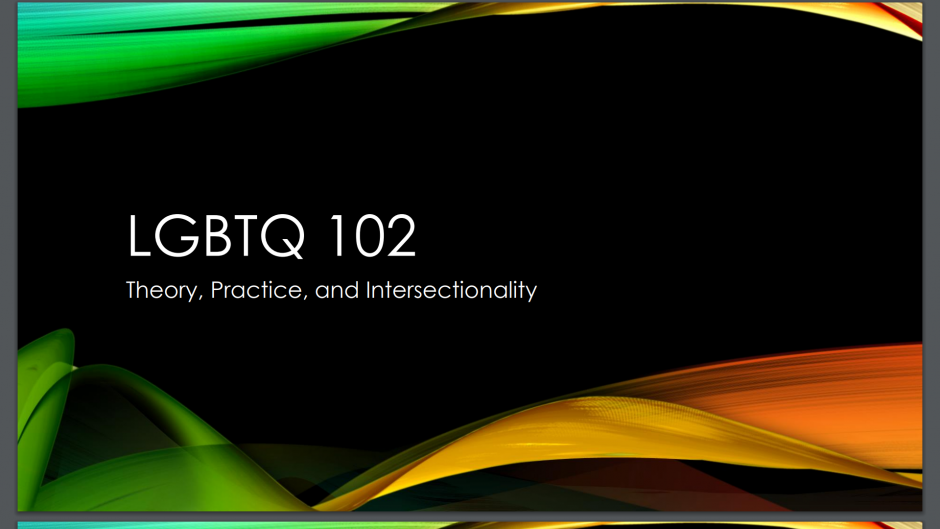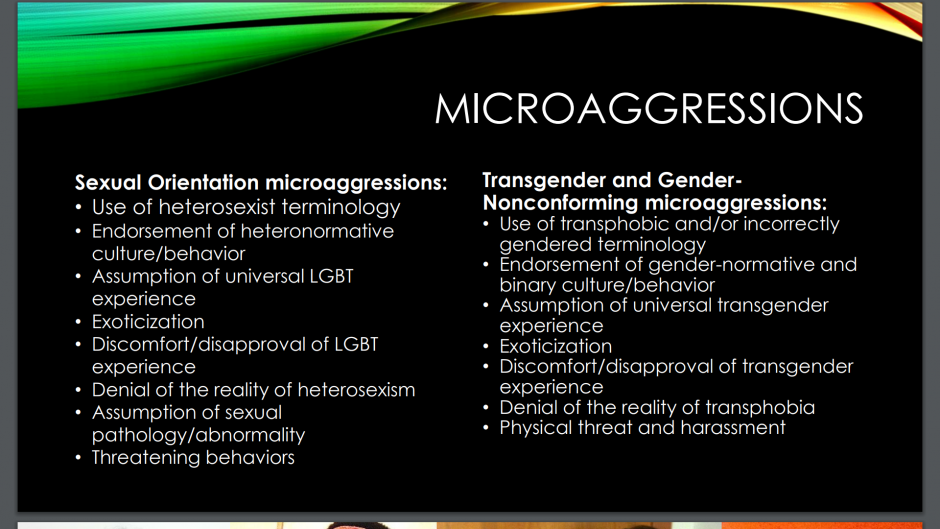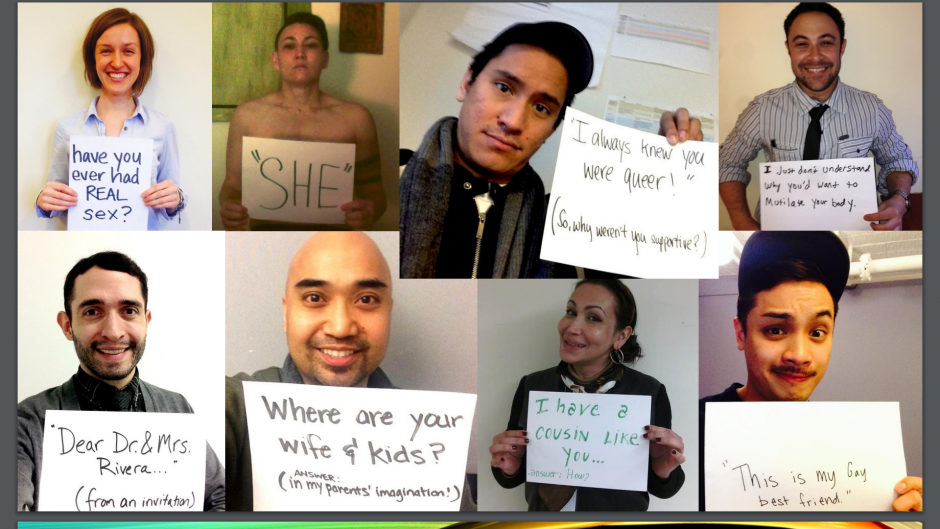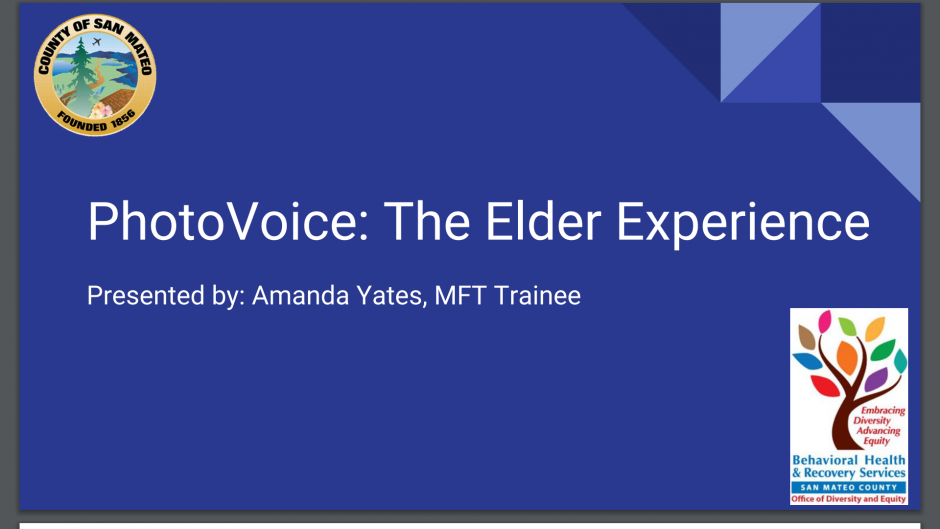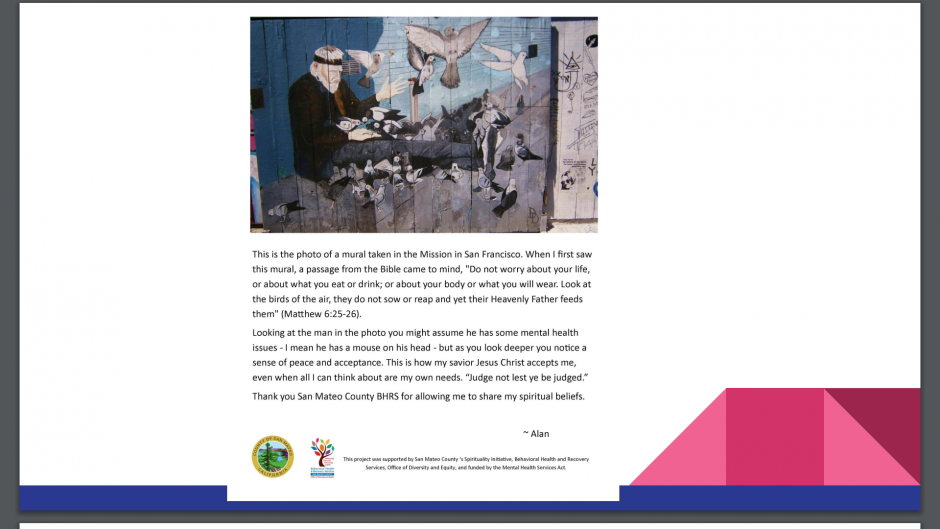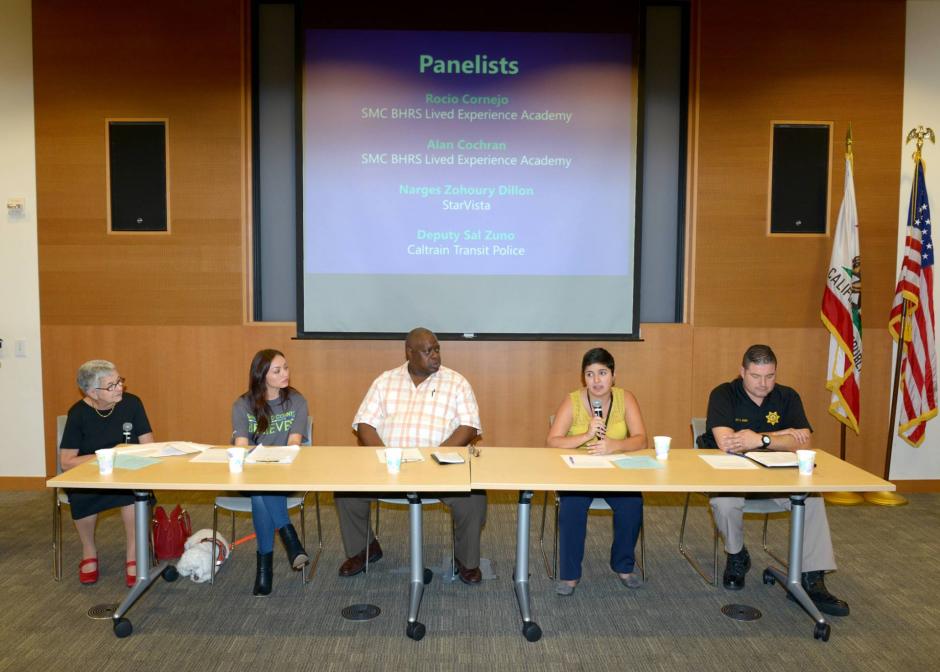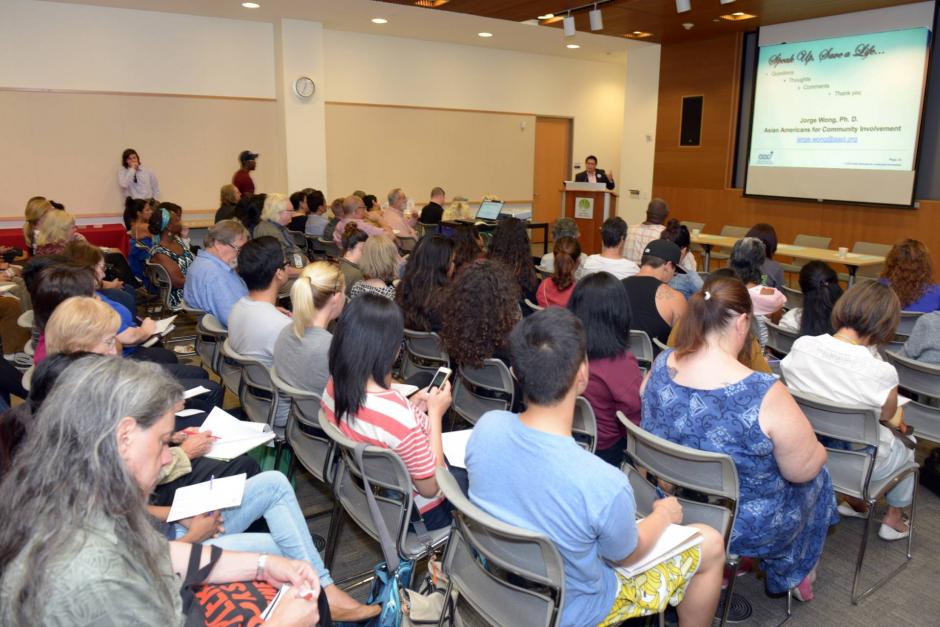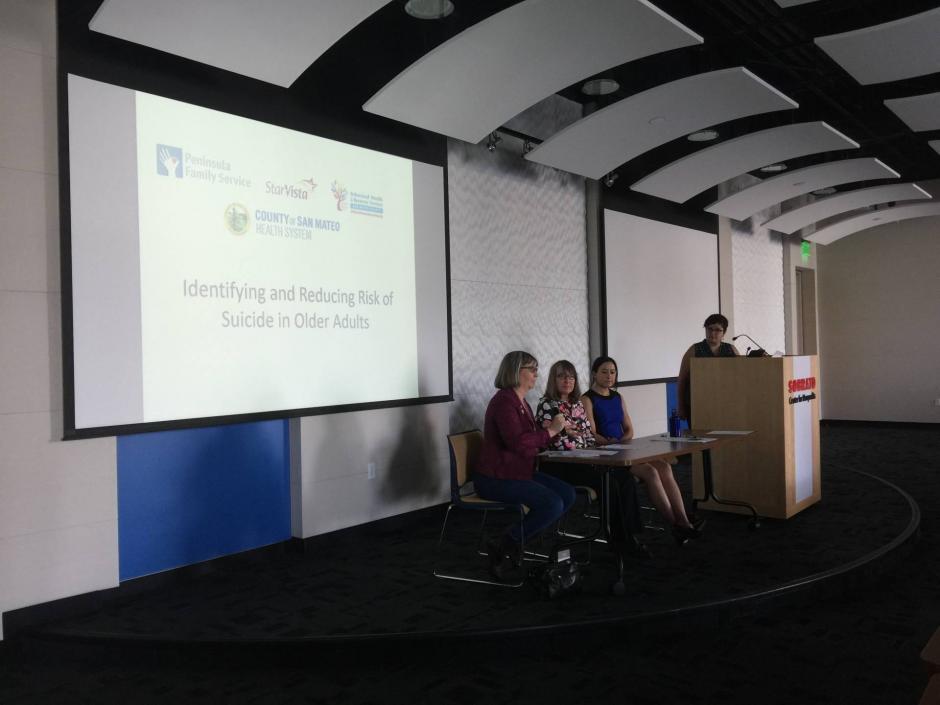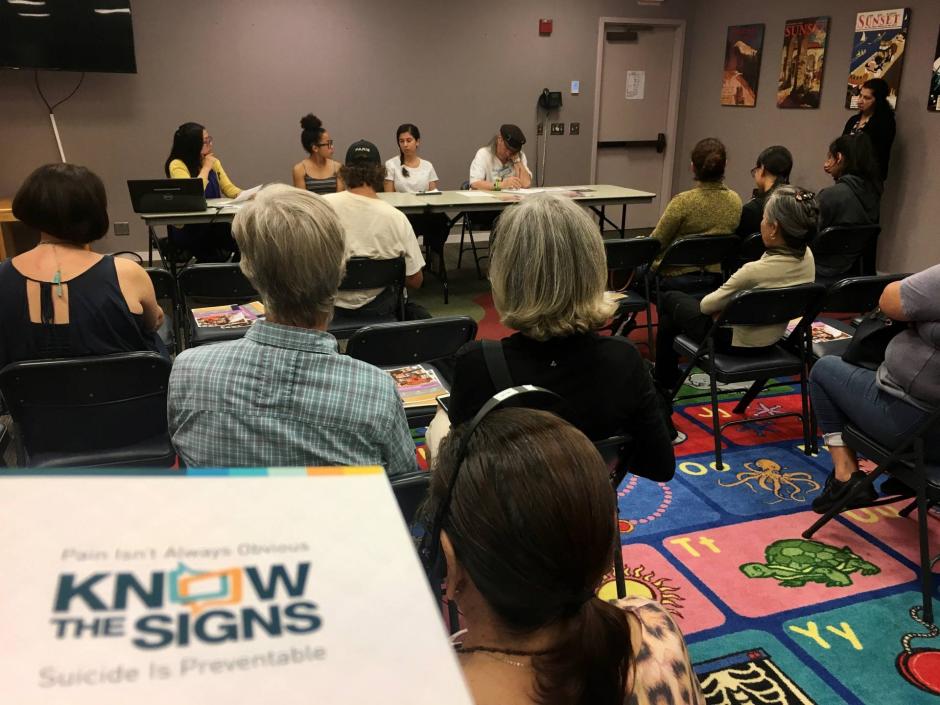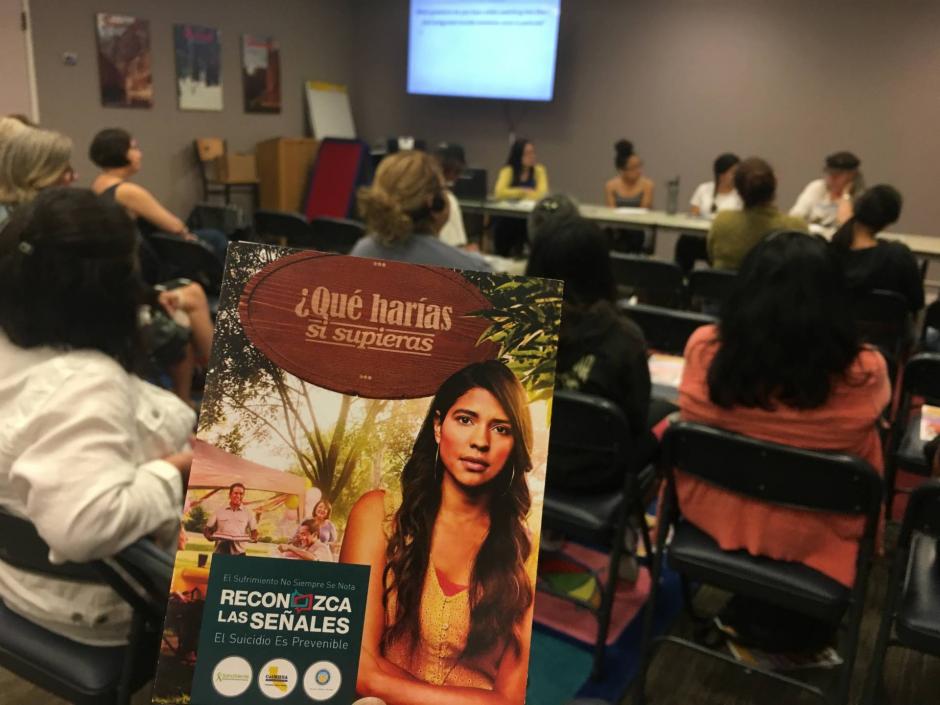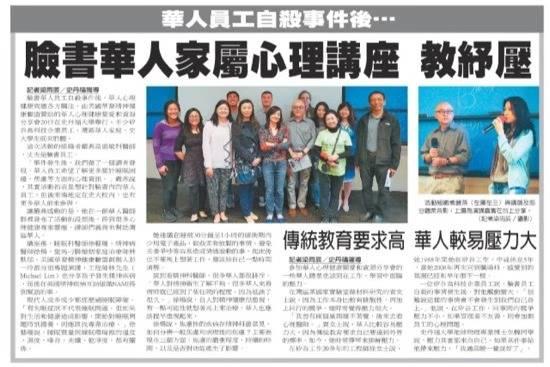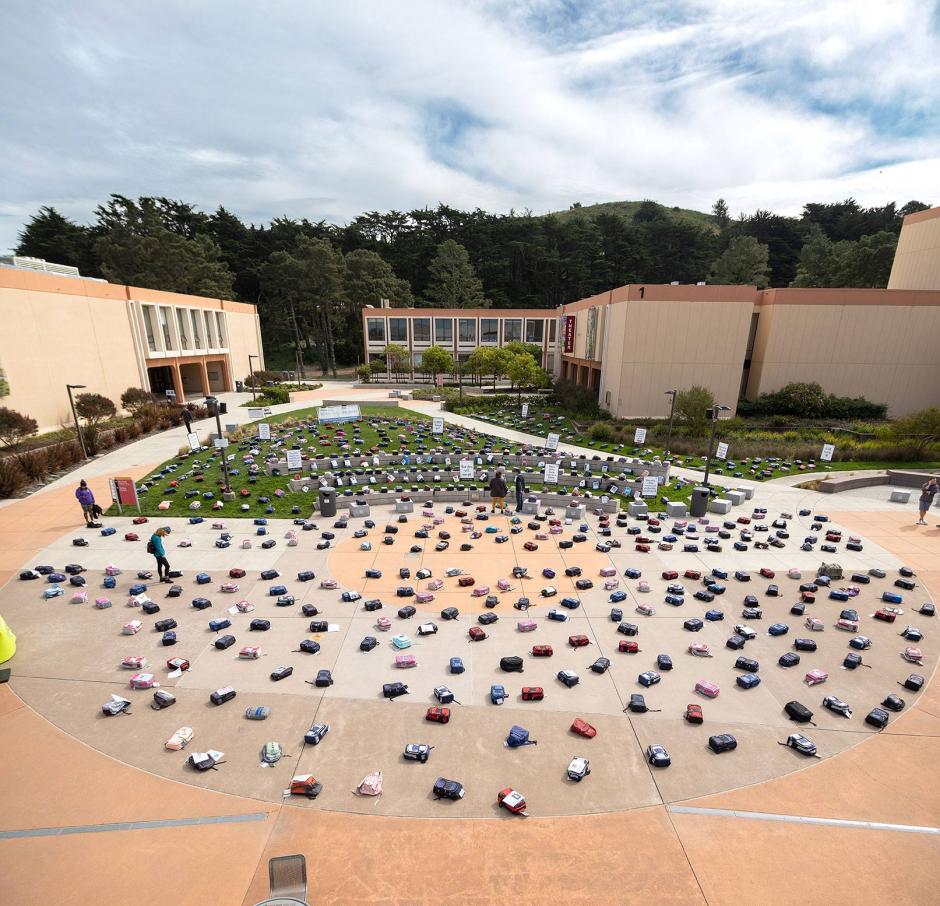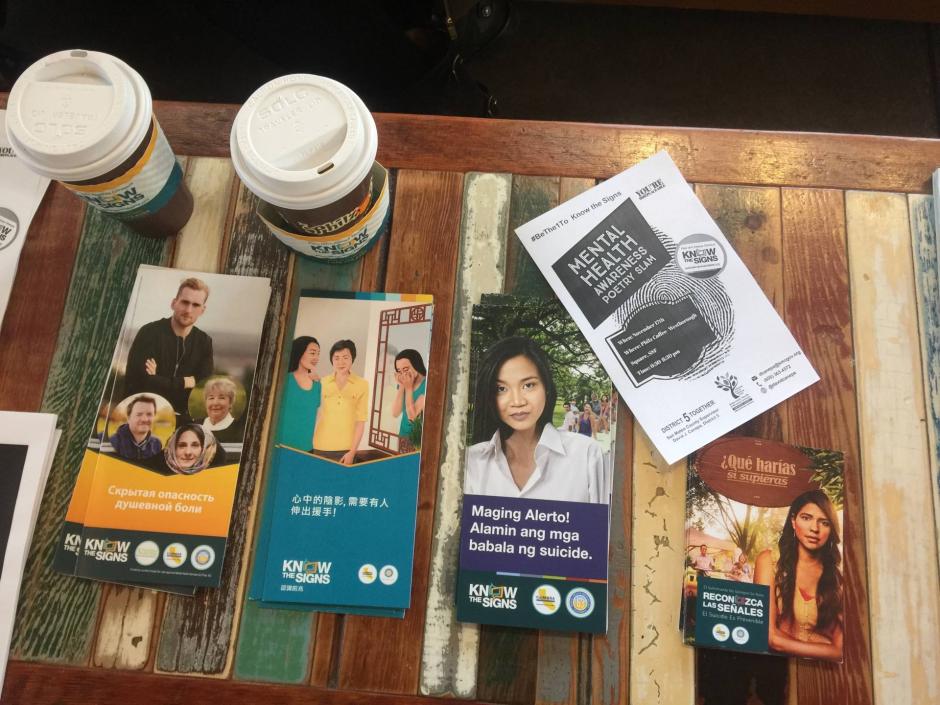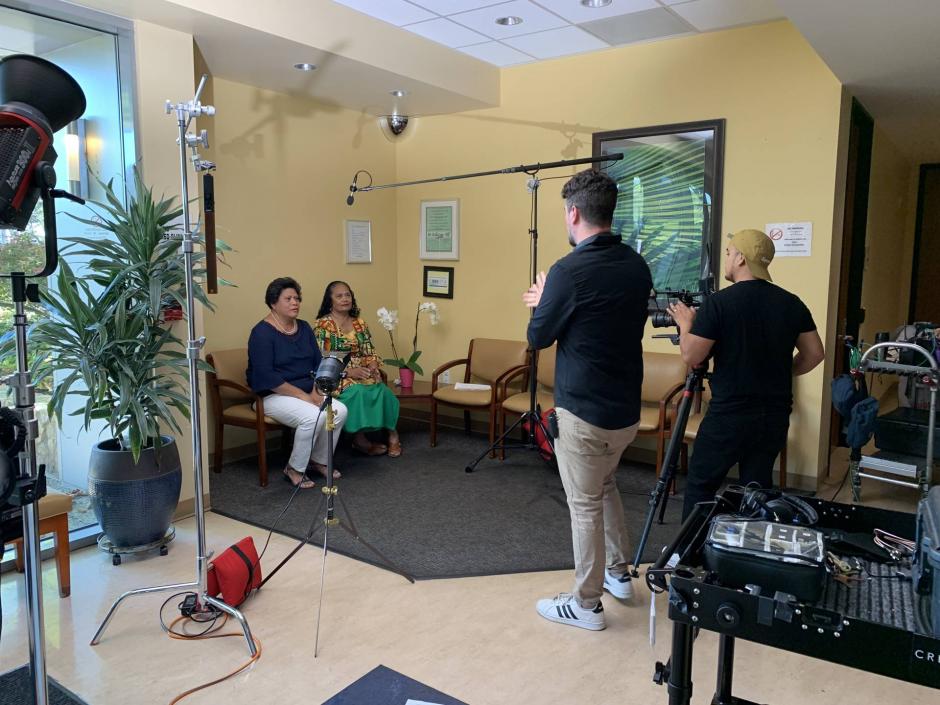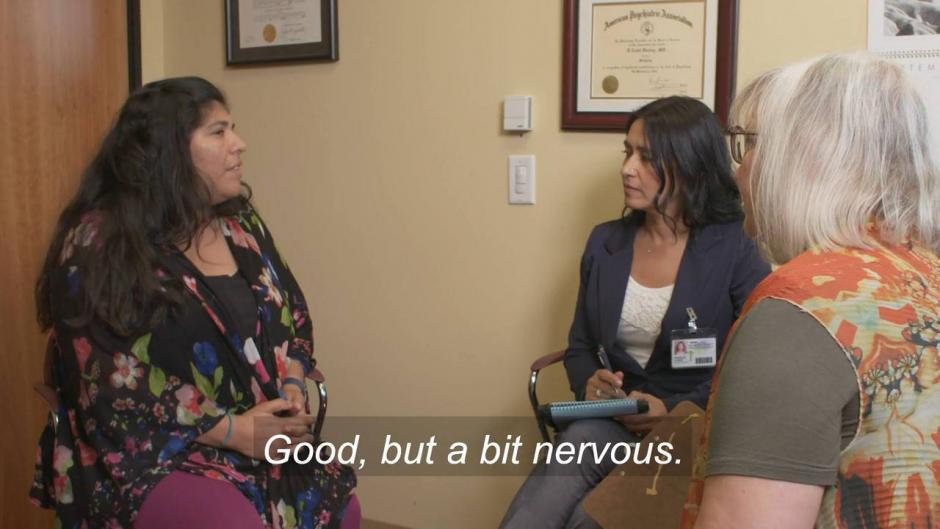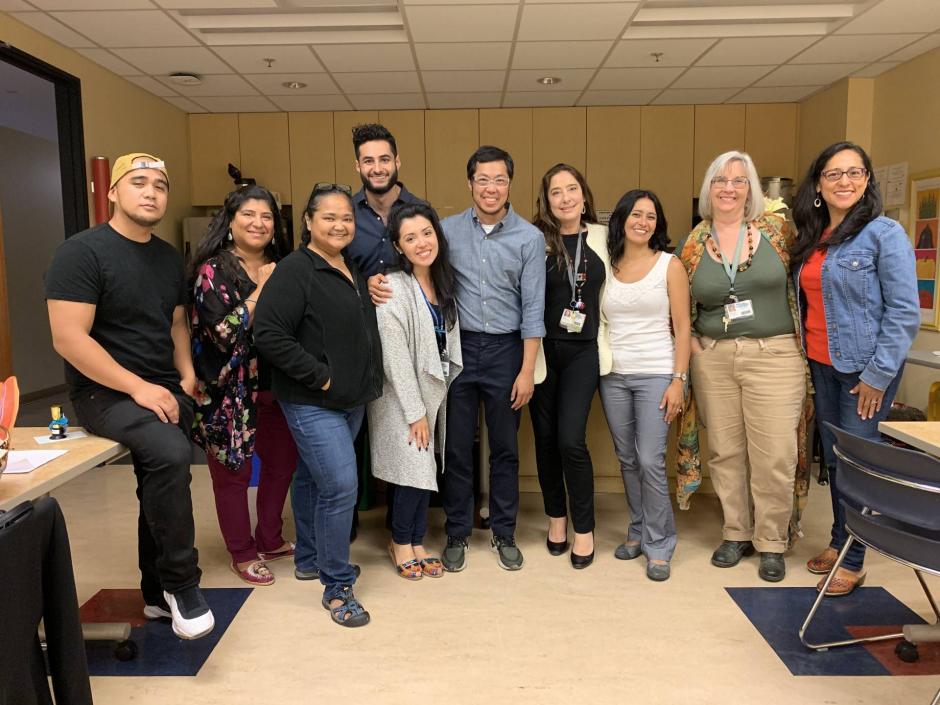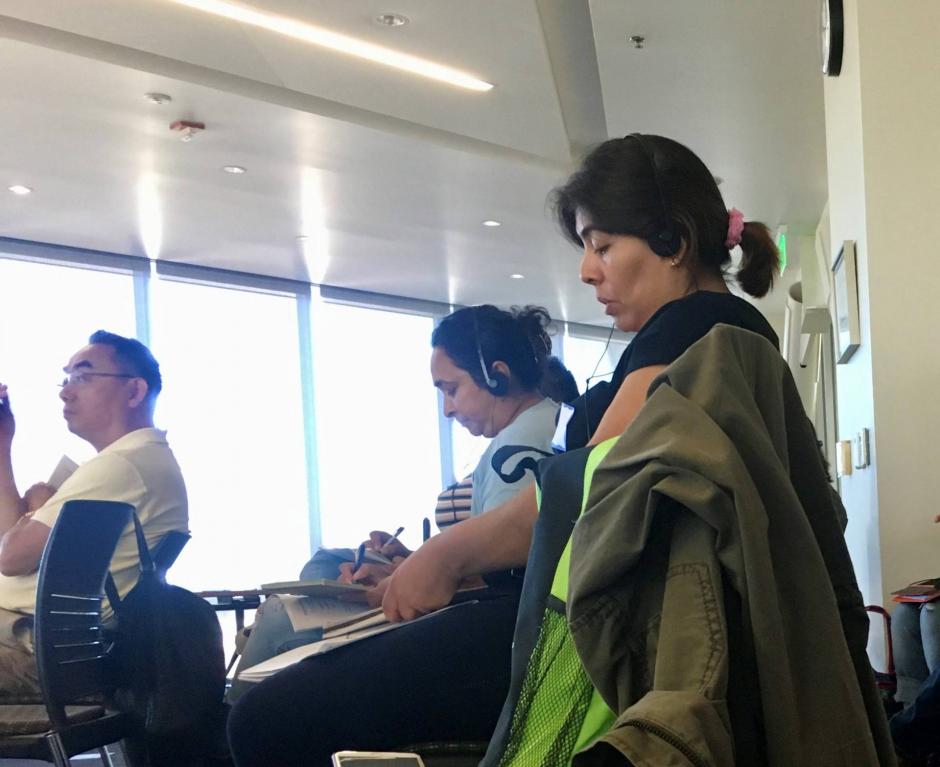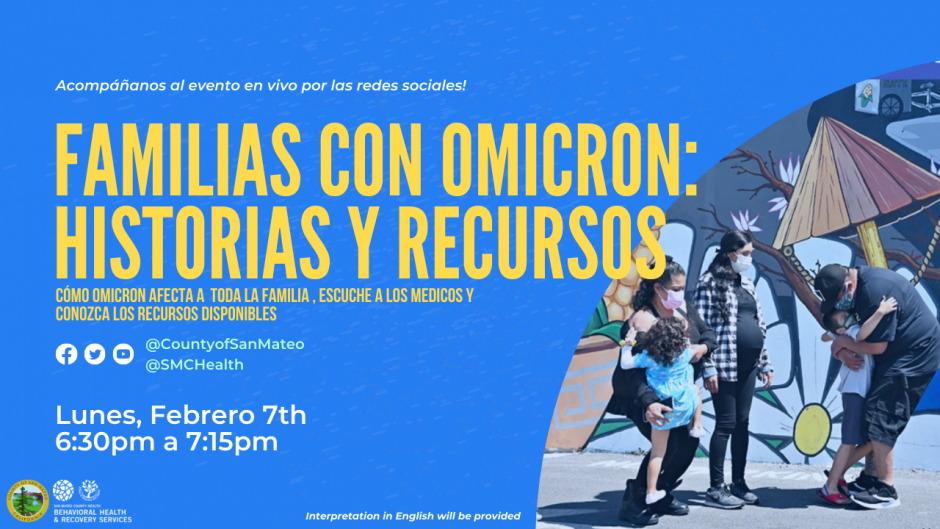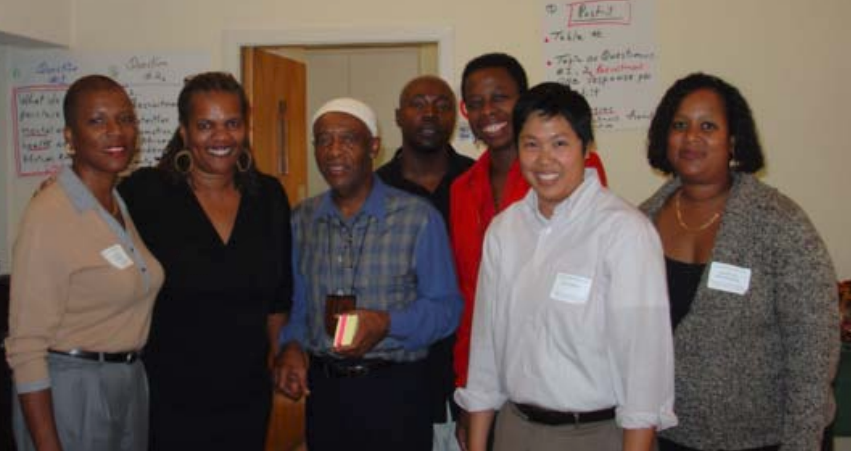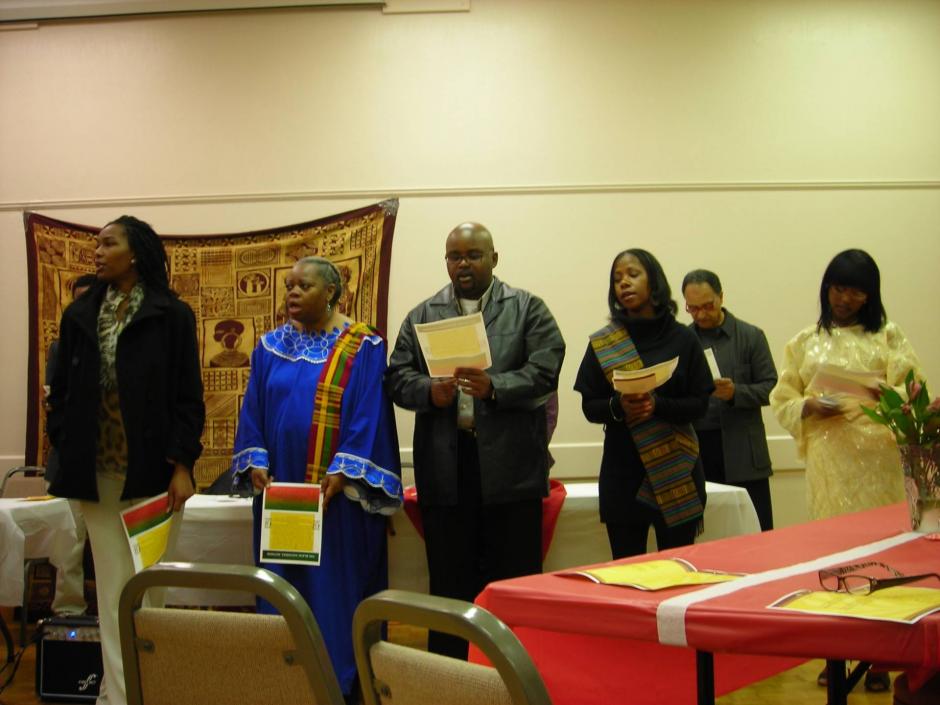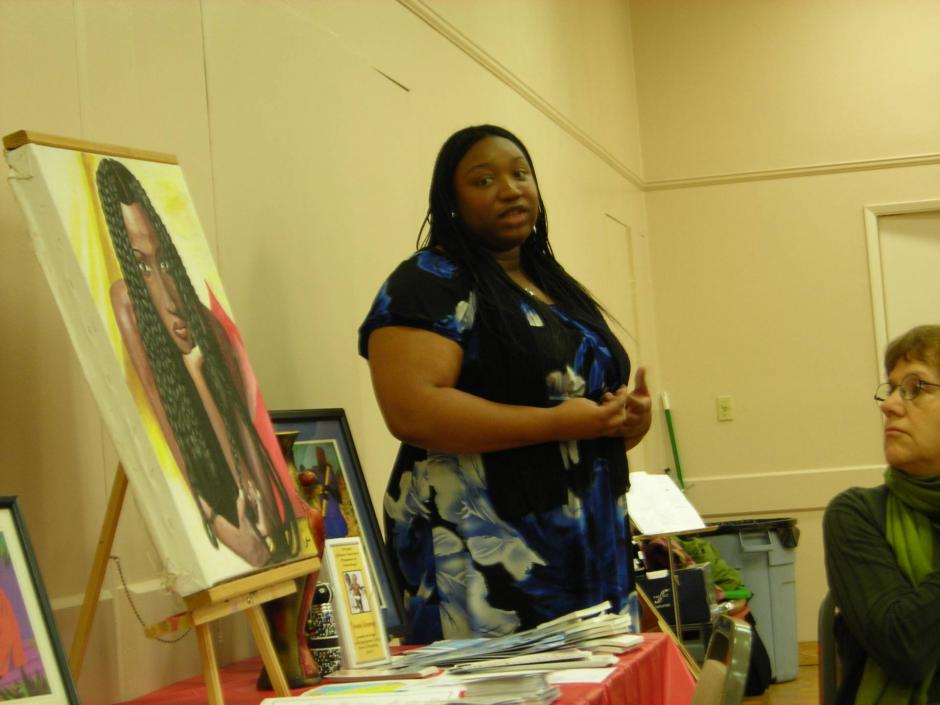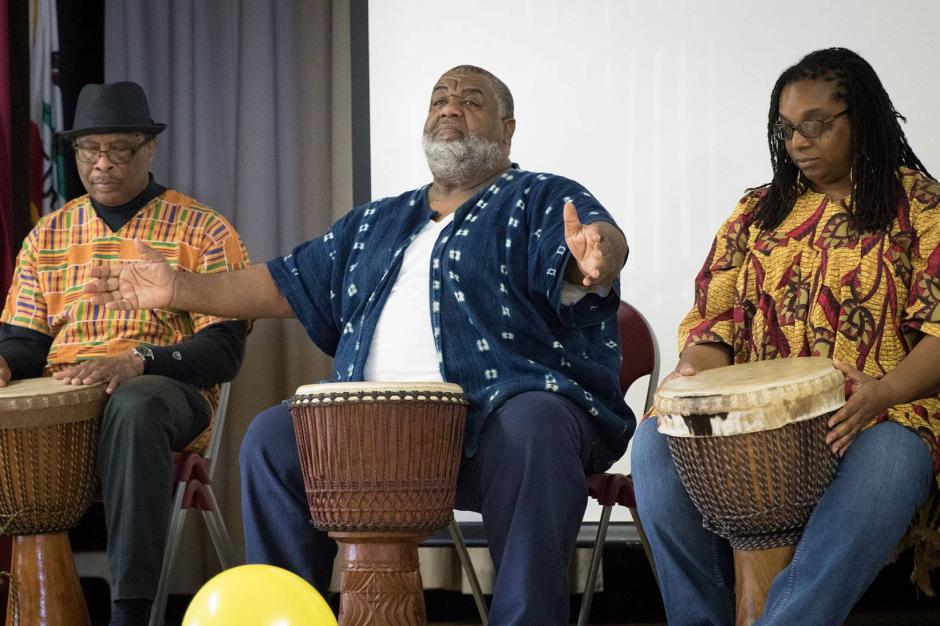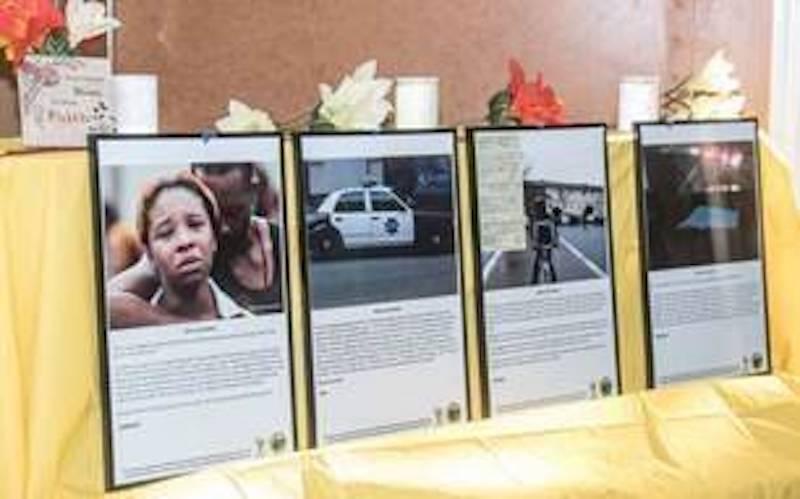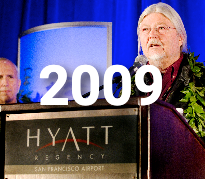2009
Cultural Competence Mental Health Summit XVI
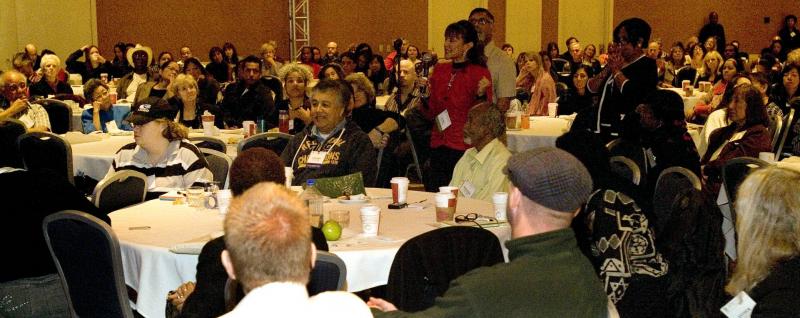 The sixteenth Cultural Competence Mental Health Summit (CCMHS) was sponsored by San Mateo County on behalf of the California Mental Health Directors Association and the California Institute of Mental Health. The conference brought together hundreds of health professionals, clients, family and community members, business leaders, policy makers, educators, researchers, and others to address the impact of culture and language on health inequities in California. The theme was “Embracing Social Justice and Equity to Build Healthier Communities.” It was an opportunity for attendees from across the state to share, understand, assess, and help implement culturally competent mental health services.
The sixteenth Cultural Competence Mental Health Summit (CCMHS) was sponsored by San Mateo County on behalf of the California Mental Health Directors Association and the California Institute of Mental Health. The conference brought together hundreds of health professionals, clients, family and community members, business leaders, policy makers, educators, researchers, and others to address the impact of culture and language on health inequities in California. The theme was “Embracing Social Justice and Equity to Build Healthier Communities.” It was an opportunity for attendees from across the state to share, understand, assess, and help implement culturally competent mental health services.
“The wisdom and involvement of cultural communities is essential in improving access, service quality and outcomes,” stated Louise Rogers, former San Mateo County Behavioral Health & Recovery Services (BHRS) Director. The conference had two distinguished keynote speakers, Dolores Huerta, co-founder of the United Farm Workers Association and one of the most influential labor and civil rights movement activists, and Adewale Troutman, MD, MPH, MA, the current president of the American Public Health Association (APHA) and a renowned advocate for the elimination of racism, injustice, and oppression. This event marked the initiation of San Mateo County’s BHRS Office of Diversity and Equity (ODE) as a leader in bringing equity and inclusion to the county.
Suicide Prevention is established under Behavioral Health & Recovery Services’ Office of Diversity and Equity
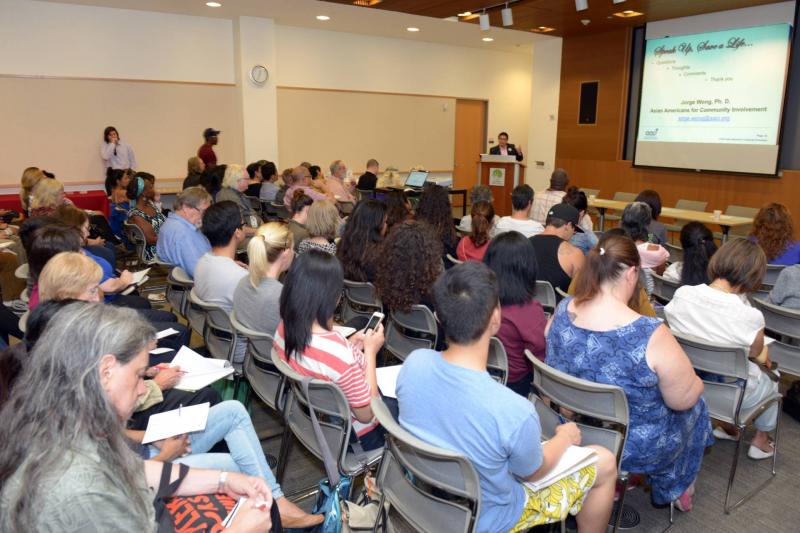
The staff of San Mateo County’s (SMC) Behavioral Health & Recovery Services (BHRS) was inspired to act after the tragic loss of lives due to youth suicides in the city of Palo Alto in 2009, acknowledging that 90% of individuals who died by suicide had a diagnosable mental illness or a substance use challenge. While SMC suicide data shows lower rates in the county compared to state and national rates, the County is committed to saving every life possible.
The involvement of the Behavioral Health & Recovery Services’ (BHRS) Office of Diversity and Equity (ODE) in suicide prevention began when the Suicide Prevention Initiative (now the Suicide Prevention Committee) was established, and a Community Health Planner was hired to lead the work. The committee focuses on the disproportionate impact of suicide on racial, ethnic, cultural, and linguistic communities and has since grown to one of our most successful collaborative efforts, comprised of suicide attempt survivors, suicide loss survivors, behavioral health providers, social service providers, local transportation agency staff, and other community members.
The Office of Diversity and Equity (ODE) has since led a collaborative effort to develop a strategy to collectively prevent suicide and suicide attempts in our community. This effort resulted in San Mateo County publishing its 2017-2020 Suicide Prevention Roadmap, with plans to publish a future roadmap. Recently, the County published its 2021-2026 Suicide Prevention Roadmap. Each year, ODE and the Suicide Prevention Committee support the development of events and workshops countywide during September National Suicide Prevention Month and offer suicide prevention courses all year long. See www.smchealth.org/SuicidePrevention for more information.
Cultural and Linguistic Accessible Services (CLAS) efforts are established under Behavioral Health & Recovery Services’ Office of Diversity and Equity
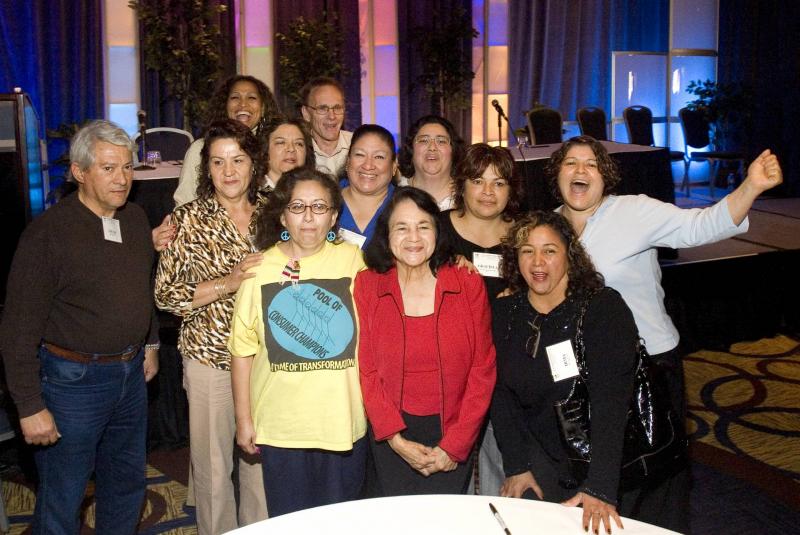 In early 2006, a countywide Linguistic Access Study emerged from a Board of Supervisors-led initiative to eliminate health disparities. This effort led to a San Mateo County Health-wide Action Plan to improve language access to all health care services. In 2009, the Behavioral Health and Recovery Services (BHRS) Office of Diversity and Equity (ODE) oversaw these efforts for County Health, including language access services: translation, interpretation, physical signage and notification of clients’ right to interpretation services. BHRS acknowledged the significant need for improved access to behavioral health services, and the Mental Health Services Act provided the resources to develop behavioral health infrastructures to provide culturally responsive services. Since then, ODE staff continue to support the selection and provision of language services, require Working Effectively with Interpreters and Cultural Humility training for all BHRS staff, and assess and support BHRS’ contractors in the development of required Cultural Competence Plans. ODE staff have also developed BHRS policies around translation, language access and most recently the Cultural Humility, Equity, and Inclusion Framework; and implemented Cultural and Linguistic Accessible Services (CLAS) policy. The CLAS policy establishes the National Standards for Culturally and Linguistically Appropriate Services in Health Care as BHRS’ guide to creating an equitable and inclusive system. As of 2017, ODE was able to transition to a full-time permanent Community Health Planner to support CLAS implementation.
In early 2006, a countywide Linguistic Access Study emerged from a Board of Supervisors-led initiative to eliminate health disparities. This effort led to a San Mateo County Health-wide Action Plan to improve language access to all health care services. In 2009, the Behavioral Health and Recovery Services (BHRS) Office of Diversity and Equity (ODE) oversaw these efforts for County Health, including language access services: translation, interpretation, physical signage and notification of clients’ right to interpretation services. BHRS acknowledged the significant need for improved access to behavioral health services, and the Mental Health Services Act provided the resources to develop behavioral health infrastructures to provide culturally responsive services. Since then, ODE staff continue to support the selection and provision of language services, require Working Effectively with Interpreters and Cultural Humility training for all BHRS staff, and assess and support BHRS’ contractors in the development of required Cultural Competence Plans. ODE staff have also developed BHRS policies around translation, language access and most recently the Cultural Humility, Equity, and Inclusion Framework; and implemented Cultural and Linguistic Accessible Services (CLAS) policy. The CLAS policy establishes the National Standards for Culturally and Linguistically Appropriate Services in Health Care as BHRS’ guide to creating an equitable and inclusive system. As of 2017, ODE was able to transition to a full-time permanent Community Health Planner to support CLAS implementation.
African American Planning Initiative Connects with all BHRS
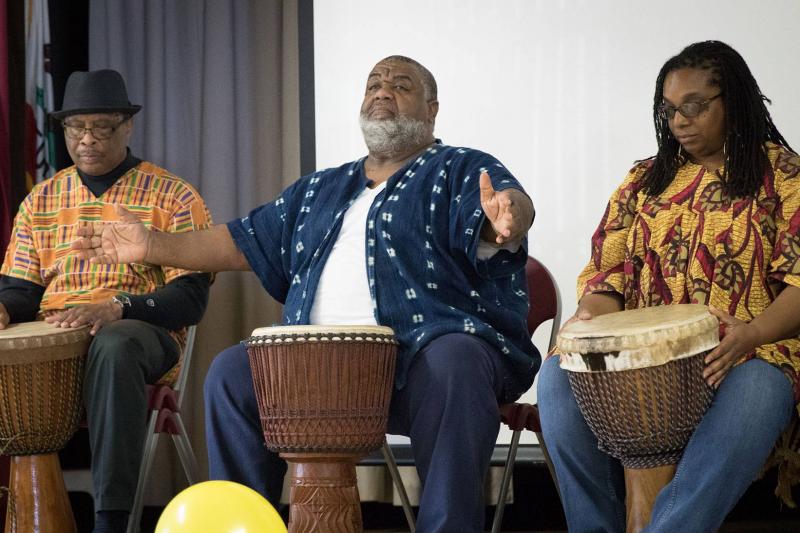 On February 23, 2009, a pivotal communication from the BHRS African American Planning (AAPI) Group (now the African American Community Initiative) was provided to all BHRS workforce members. This document shared the vision of the committee to provide behavioral health services that promote wellness, equity, and support to San Mateo County’s African-American behavioral health consumers and their families. Additionally, the members amplified the voice of the community by sharing that outreach & engagement were critical to connect with members that have not utilized mental health services due to lack of access, discomfort with service providers, or stigma associated with the services. The formal goals of AAPI were to provide community members with the ability to obtain the information and access to services for themselves and their family members that live with a behavioral health challenge that often impacts homelessness, incarceration, substance abuse/dependence, and hospitalization rates. This work was the result of a concerned BHRS clinician in 2007 engaging supervisors, managers, and the BHRS director in discussions regarding the hiring, support, and promotion of African American staff and sharing concerns about the accessibility of quality, culturally informed behavioral health services for African American residents. This initial discussion led to the formation of the BHRS AAPI. AAPI members went on to host an African American roundtable in 2008, where 60 individuals shared their experiences & concerns. A report of this critical feedback was later created to understand the barriers & hopes of the community. With the support of BHRS, the initial steps to long-term planning were started.
On February 23, 2009, a pivotal communication from the BHRS African American Planning (AAPI) Group (now the African American Community Initiative) was provided to all BHRS workforce members. This document shared the vision of the committee to provide behavioral health services that promote wellness, equity, and support to San Mateo County’s African-American behavioral health consumers and their families. Additionally, the members amplified the voice of the community by sharing that outreach & engagement were critical to connect with members that have not utilized mental health services due to lack of access, discomfort with service providers, or stigma associated with the services. The formal goals of AAPI were to provide community members with the ability to obtain the information and access to services for themselves and their family members that live with a behavioral health challenge that often impacts homelessness, incarceration, substance abuse/dependence, and hospitalization rates. This work was the result of a concerned BHRS clinician in 2007 engaging supervisors, managers, and the BHRS director in discussions regarding the hiring, support, and promotion of African American staff and sharing concerns about the accessibility of quality, culturally informed behavioral health services for African American residents. This initial discussion led to the formation of the BHRS AAPI. AAPI members went on to host an African American roundtable in 2008, where 60 individuals shared their experiences & concerns. A report of this critical feedback was later created to understand the barriers & hopes of the community. With the support of BHRS, the initial steps to long-term planning were started.
Other key events in 2009:
California Brief Multicultural Competence Scale (CBMCS) Multicultural Training Program, Second African American Community Initiative (AACI) Black History Month Summit, and the Cultural Competency Council (currently Diversity and Equity Council).
